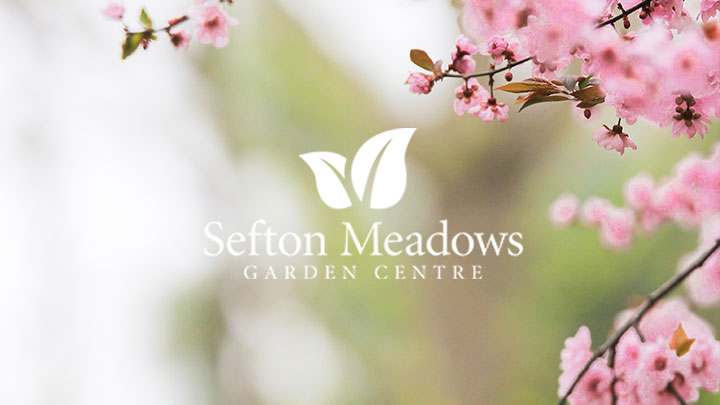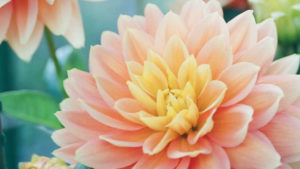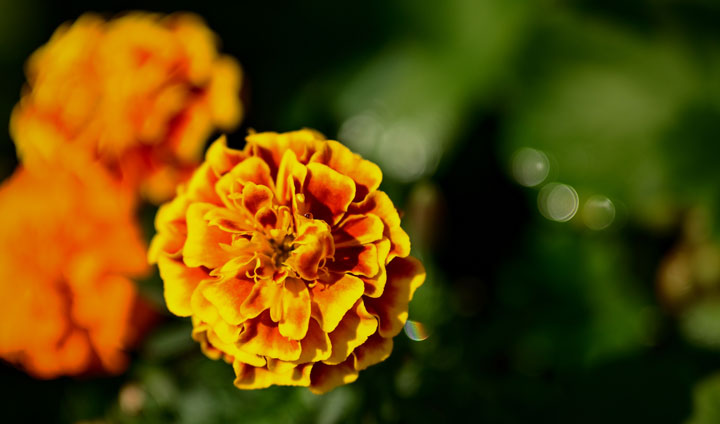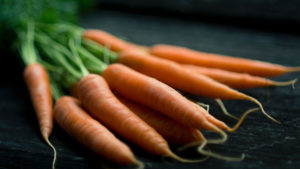Trying to keep your flowers, bushes and trees; lawn and vegetables growing and looking their best without getting eaten or otherwise damaged by garden pests makes killing anything that creeps, crawls or buzzes around your garden a tempting thought. Care is, however, advised and correct garden insects identification before reaching for pesticides is important. Here is why.
Why Correct Garden Insects Identification is Important
The reason why identifying garden insects correctly is so important is simple: not all insects will harm your plants. While some creatures, like aphids, earwigs or slugs, for instance, can wreak havoc on your garden, others are helpful. Lacewing flies (Neuroptera), for example, love munching (voraciously) on aphids, which can significantly reduce the risk of your plants being damaged or infected with diseases by these little horrors. Ladybirds (Coleoptera) also feast on aphids, as well as having a real taste for harmful mealybugs and mites.
Other insects you should try not to kill because they help to kill pests and pollinate your plants include, for instance,
- Hoverflies (Diptera)
- Parasitic wasps (Hymenoptera)
- Ground beetles (Coleoptera, carabidae)
- Solitary bees (Hymenoptera)
Butterflies and moths are also helpful to have a round your garden.
Garden Insects Identification
Identifying insects can be difficult, as there are so many of them around. Our best advice on correct garden insects identification is simple: if in doubt, check it out before spraying or squashing it!
Dealing with Harmful Insects
If it turns out that you do have a nasty beast or two in your garden, we have just the thing to deal with it in our Plant & Lawn Care section. While you’re there, you might as well have a browse through the rest of our Garden & Outdoor Living range – there’s bound to be something that will help keep your garden looking gorgeous…




